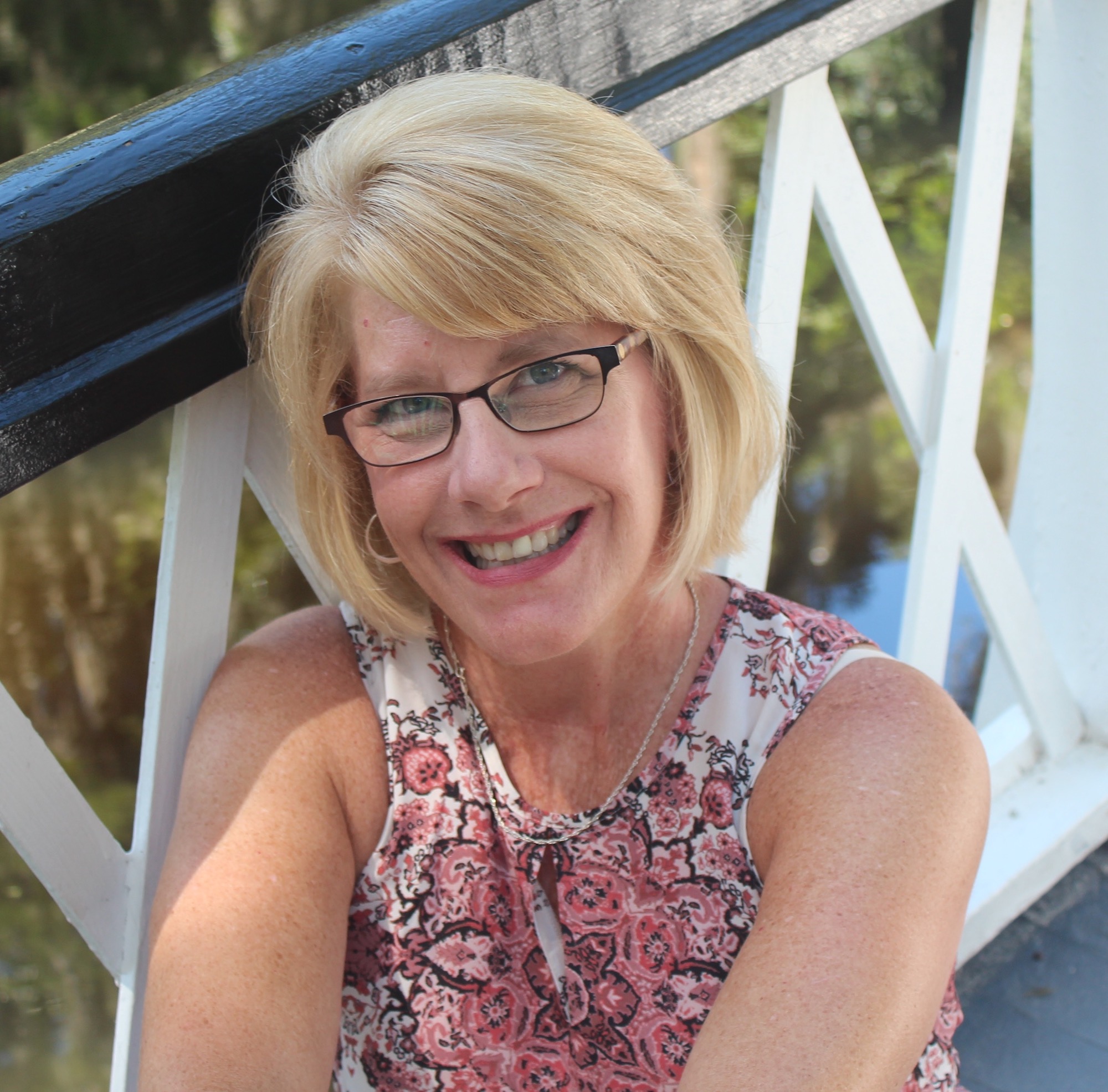3 Principles for “New” Parents of Young Adult Children

At the age of 56, I am a “new” parent again… of a young adult child, that is. And I’m just as unsure and overwhelmed about how to parent her as if she were a newborn babe all over again. This new season is fraught with its own challenges and pitfalls, and I am out of my element. I feel helpless and directionless a lot of the time. Not unlike when I was a brand, new mother.
There are, however, a few things I have learned (and relearned) in the past five years (my daughter is now 23 years old). A lot of these lessons, unfortunately, I leaned through trial and error (more error than trial). Some of them I learned from close friends, who’ve “been there, done that” and passed along their experiences and wisdom to me. Some are from parenting books; others from plain ole common sense.
While I am not a child psychologist, I hope and pray that the following three principles can still be of some help to you if you’re in the same season as I am, of being a “new” parent of a young, emerging adult.
First of all, what is an emerging adult?
The term, “emerging adult,” was coined by psychologist Dr. Jeffrey Jensen Arnett, Ph.D., to describe those between the ages of 18 and 25, of which there are an estimated 75 million in the United States. Mine is just one of them!
Arnett says there are five distinct features that define this phase:
- Age of identity exploration. Young people are deciding who they are and what they want out of work, school, and love.
- Age of instability. The post-high school years are marked by repeated residence changes, as young people either go to college or live with friends or a romantic partner. For most, frequent moves end as families and careers are established in the 30s.
- Age of self-focus. Freed of the parent- and society-directed routine of school, young people try to decide what they want to do, where they want to go, and who they want to be with—before those choices get limited by the constraints of marriage, children, and a career.
- Age of feeling in between. Many emerging adults say they are taking responsibility for themselves, but still do not completely feel like an adult.
- Age of possibilities. Optimism reigns. Most emerging adults believe they have good chances of living “better than their parents did,” and even if their parents divorced, they believe they'll find a lifelong soul mate.
(Taken from Arnett’s book, “Emerging Adulthood: The Winding Road From the Late Teens Through the Twenties,” Oxford University Press, 2004.)
With this in mind, here’s what my own “emerging adult” has taught me.
Principle #1: Stop parenting, start befriending.
Yes, that’s right. Stop parenting. I had to learn this the hard way since I had a difficult time relinquishing the parent “hat” I’d worn for more than twenty years. I’ve had to mourn those years when she needed me almost constantly—for physical, emotional, spiritual, and financial support—when she wanted to be close to me, close to the nest.
Now she’s grown and flown, living in another state altogether. Her need for constant parental closeness has passed. Now she needs another kind of “closeness.” Friendship.
Although I will never stop being a parent (noun), I must—and should—stop parenting (verb, “the activity of bringing up a child”) my young adult daughter. When once my parenting was 24/7/365 and included teaching, guiding, and coaching her in her season of neediness and helplessness, in this new season—when she is not as needy and helpless—I’ve had to transition my thinking and trade in my parenting skills for ones of friendship.
So, what does that look like?
- Me treating them as an equal. I need to treat my adult child with the same respect, kindness, sensitivity, and understanding that I do my close friends.
- Me accepting that they are an adult (and no longer a child) and respecting their boundaries. There are certain things I do not need to know about my daughter (as much as this bothers me). I need to stay out of her business, until she invites me into it (more on this in Principle #2).
- Me not talking at them, like I did when they were five or ten or even sixteen (as in lecturing), but talking with them. Exchanging ideas, opinions, and thoughts on weighty (and not so weighty) subjects calmly, thoughtfully, rationally, respectfully. Again, just as I would with my friends.
- Us developing shared interests and activities. For my daughter and I, that’s shopping and going out to eat. For others, it might be golfing, crafting, cooking, hiking, etc.
In this new friendship phase, our relationship has become more reciprocal—a mutual give-give, rather than a give-take. And, truth be told, I’m enjoying this phase. I like being my daughter’s friend more than I liked being her parent. I’m not constantly “on” all the time. Our relationship is more relaxed, casual, less pressured, and stressful (well, mostly).

Photo Credit: ©GettyImages/monkeybusinessimages
Principle #2: Give them space and freedom.
While the “leave and cleave” principle from Genesis 2:24 pertains to a son leaving his parents to “cleave” to his new wife, I’ve discovered that this principle also applied to my daughter. And just like parents need to respect the new couples’ space and need for privacy and freedom, I need to do so with my single, adult daughter.
But, again, that was hard for me. While she was all about leaving home after college and cleaving to her new life of independence, I was not. I still wanted to help with her decisions about her future, her career, and her finances. When she called home, I found myself nosing (subtly, I thought) into her business, asking questions, veiled as advice. “I’m sure you’ve sent out enough applications, sweetie. Like ten or fifteen, right?” “Potential employers like it when you follow up after sending them your resume. It shows them that you’re serious.” “I bet you’re glad you’re putting all of your waitressing tips into your savings account and not frittering them away on frivolous things, right? When is your rent due? The first of the month?”
Well, she let me know (and not-so-subtly) that I needed to back off, that she was “handling it.”
I took the hint. I backed off. I needed to give her space, space to work out her own life and the details therein. I needed to set her free from my need to control and advice, even if that meant watching her fail. A friend said to me once, “They learn more from experience than us giving them advice.”
Dr. Arnett couldn’t agree more. At this stage, “[emerging adults] need support that helps boost, not stifle, their confidence in their own coping skills, and they need parents to bear witness to their increasing capacity to take on responsibilities, even if there are setbacks or mishaps along the way,” he co-wrote in an article with Elizabeth Fishel, “Parenting Adult Children: Are You a Good Friend to Your Grown-up Kid?”
Principle #3: Keep my mouth shut and my ears open.
By now, you’ve probably guessed that it’s hard for me not to share my opinion or thoughts or give what I think is helpful advice. But, in my defense, I have lived more than half a century and have experienced quite a bit. So, why wouldn’t my daughter (who’s only lived a mere two decades!) want my wisdom that comes from those experiences (good and bad)? Why wouldn’t she want to know what to do (or not do), how to do it, and when to do it?
But that’s not how today’s young adults approach life in this new adult-adult relationship, I’m learning. They don’t want us intruding into their lives. They want to “figure it out” themselves, and make their own choices and decisions, without us running interference. Our advice and opinions are unwelcomed, especially if they’re uninvited.
In fact, “[u]nsolicited advice,” says Jim Burns in his book, “Doing Life With Your Adult Children,” “is usually taken as criticism.” Ouch! Even if it’s not meant to be taken as such, all our adult children hear is condescension, criticism, and critiques about their choices, whether it’s a lifestyle or moral choice, political or religious choice, financial choice, their own parenting choice, or career choice.
It’s imperative at this phase that we listen. With both ears! After all, as the saying goes, “God gave us one mouth and two ears.” So very apropos when it comes to young adults. Less talking, more listening.
“Adult children want to be seen and heard. It may be difficult to hear them out without interrupting or finding counterarguments, [but your silence] is the first step in the right direction,” says Dr. Viola Drancoli, a clinical psychologist.
So, now, whenever my daughter calls home, I immediately start chanting my new mantra inside my head: Mouth closed, ears open. Mouth closed, ears open.
And, I have to say, so far so good with her.
But now I have two more children entering adulthood. God, help me!
Photo Credit: ©GettyImages/Aaron Amat

Originally published April 11, 2022.







